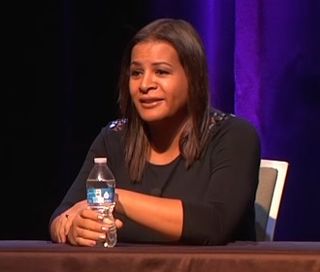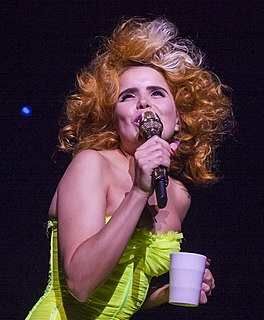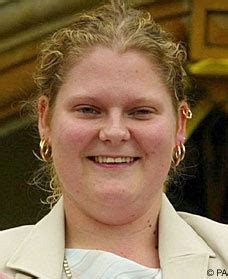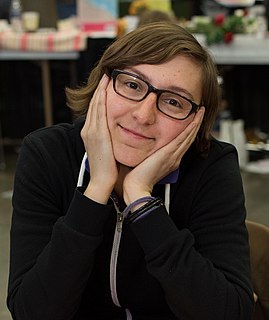A Quote by Fallon Fox
You're brought up not to hit girls, that it's the worst sin, and that's what I do. But you know, gender is the last thing I think about when I'm fighting. It's the one situation where I don't think of gender at all.
Related Quotes
I think growing up, the assimilation of most cultural conventions typically encouraged by a heightened awareness of gender and sex encourages a sort of separation of the self. What's so special about 'Hanna' is that her upbringing has negated this indoctrination; she's almost absolved of the pressures of gender or gender itself.
I've always thought about gender, as someone who has been categorically "gender nonconforming" for my entire life, I was forced to think about it, but obviously I became more conscious of it as a social issue as I've gotten older. And as I've met more folks who are genderqueer or trans, it's been really enlightening to hear their stories, and it got me thinking about my own gender history.
I think the way we look upon gender is that we're realizing that we're not that different, which is a good thing. The United States needs to come further with that. In the Scandinavian countries, we've come further when it comes to gender politics and how we look upon gender and how women are treated in general.
The gender prism is just descending upon us. For instance, when we're girls of nine or 10 we may be climbing trees and saying, "I know what I want. I know what I think." And then suddenly at 11 or 12, the gender role takes hold, and adults tell us, "How clever of you to know what time it is." It happens to boys, too and even sooner - between five and eight. Before that, boys cry and express uncertainty.
'RuPaul's Drag Race'... is very little about boys who dress up in girls' clothing: it's very much about grit, integrity, heart, power of perseverance, and the power of love. It's also opening a dialogue up about the persecution and the marginalization of trans people, of queer people, of gender non-binary and gender fluid people.



































